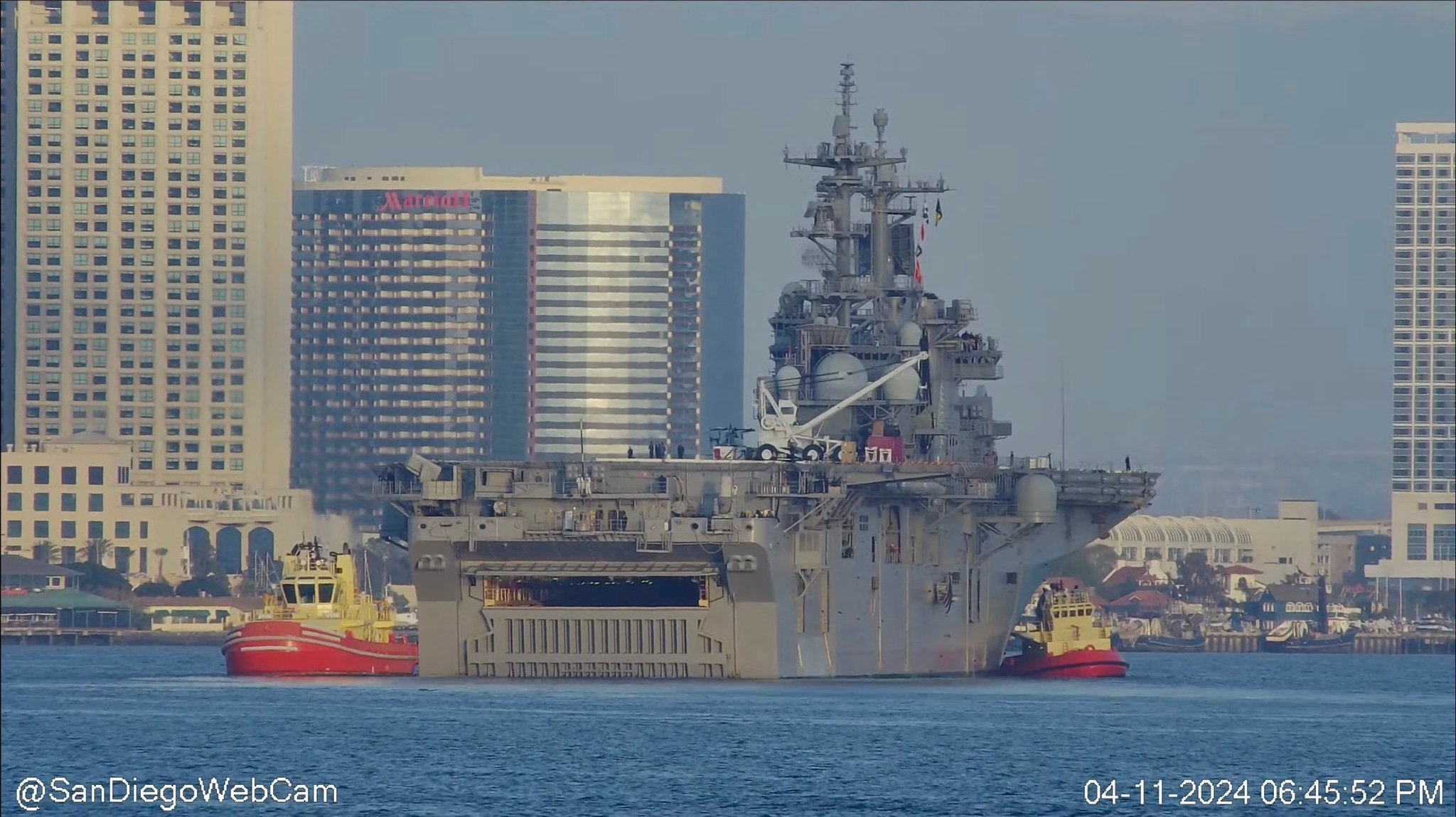The following is the March 1 Congressional Research Service report, Venezuela: Political Crisis and U.S. Policy.
From the report
Venezuela has been in a deep crisis under the authoritarian rule of President Nicolás Maduro of the United Socialist Party of Venezuela (PSUV). Maduro was narrowly elected in 2013 after the death of populist President Hugo Chávez, who had served since 1999. Maduro’s regime has exhibited high levels of corruption and economic mismanagement, which have exacerbated the impact of a decline in global oil
prices on the country’s economy. According to the International Monetary Fund, Venezuela’s economy
contracted by 18% and inflation exceeded 1.37 million percent in 2018. Nevertheless, Maduro has used the courts, security forces, and electoral council to repress political opposition and quash dissent. According to the Venezuelan human rights organization Foro Penal, the regime held 918 political prisoners as of mid-February 2019. Most Venezuelans and much of the international community considered Maduro’s May 2018 reelection illegitimate.
Shortages in food and medicine, declines in purchasing power, and a collapse of social services have created a humanitarian crisis in Venezuela that is affecting the entire region. According to household surveys, the percentage of Venezuelans living in poverty increased from 48.4% in 2014 to 87% in 2017. Health indicators, particularly infant and maternal mortality rates, have worsened. Previously
eradicated diseases, such as diphtheria and measles, have returned and spread. As of January 2019, United Nations (U.N.) agencies estimated that at least 3.4 million Venezuelans (1 in 10) had left the country, 2.7 million of whom were in Latin America and the Caribbean.
Download the report here.





